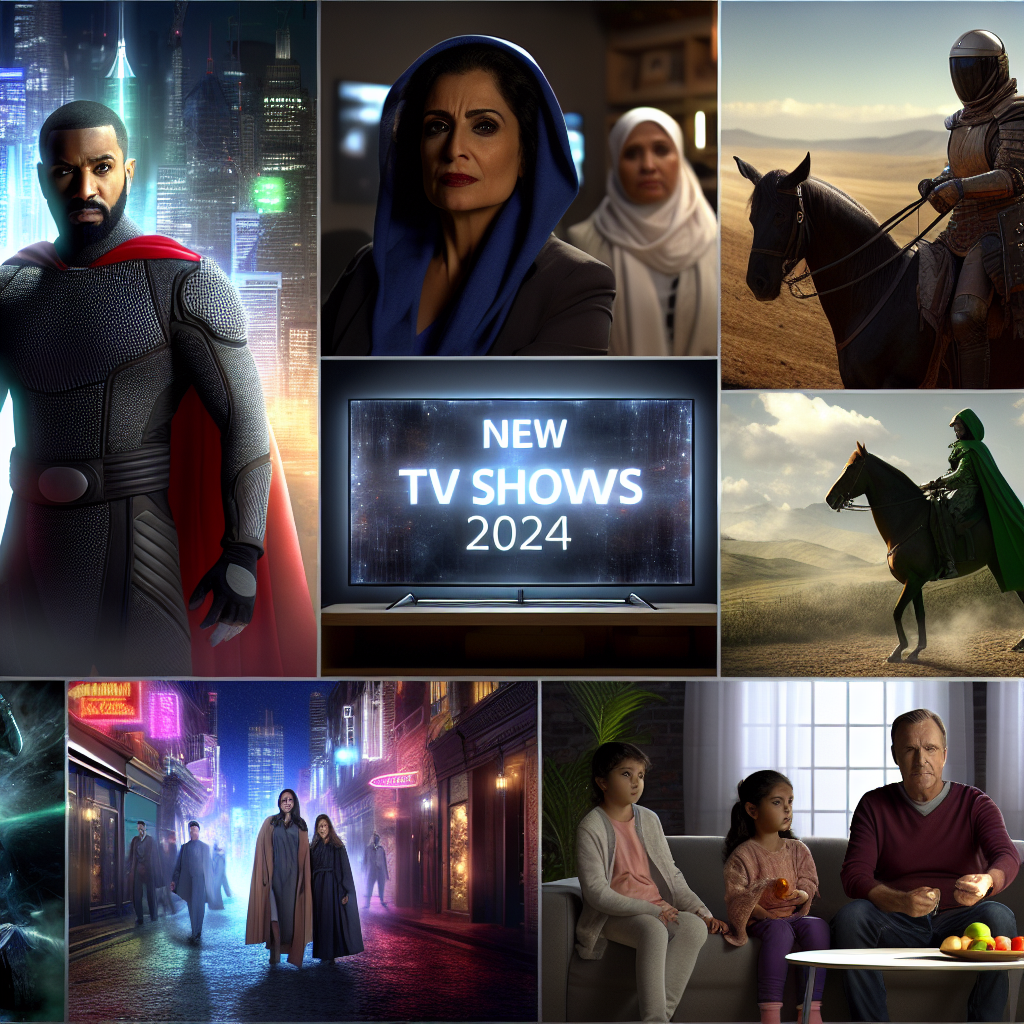The Future of AI: How Artificial Intelligence is Reshaping Industries
Artificial intelligence (AI) is at the forefront of technological advancements, revolutionizing various industries across the globe. From healthcare and finance to retail and entertainment, AI is transforming the way businesses operate and how people interact with technology. This article explores the future of AI, its impact on different sectors, and what to expect in the coming years.
The Growth of Artificial Intelligence
The AI market is experiencing exponential growth, driven by advancements in machine learning, deep learning, and neural networks. According to industry reports, the AI sector is expected to reach a market valuation of $2 trillion by 2030. This growth is being fueled by increasing investments from tech giants, startups, and government initiatives focusing on AI development.
Key Drivers of AI Growth
- Data Explosion: The rise in big data analytics and IoT devices generates vast amounts of data, which AI algorithms leverage to improve accuracy and efficiency.
- Cloud Computing: Cloud-based AI services and tools are making AI more accessible to businesses of all sizes.
- Advancements in Hardware: Specialized AI chips (e.g., GPUs and TPUs) are accelerating AI processing, making real-time applications possible.
- Increased Automation: Businesses are adopting AI to automate routine tasks, enhancing productivity and reducing operational costs.
How AI is Transforming Different Industries
1. Healthcare
AI is revolutionizing healthcare by enhancing diagnostics, treatment plans, drug discovery, and patient management. Machine learning algorithms are being used to detect diseases such as cancer and heart conditions with high accuracy.
- AI in Diagnostics: AI-powered tools like IBM Watson Health assist doctors in diagnosing diseases faster and more precisely.
- Predictive Analytics: AI helps forecast disease outbreaks and potential health risks.
- Robot-Assisted Surgery: AI-driven robotics are improving surgical precision and minimizing recovery time.
2. Finance
The financial industry benefits significantly from AI, enhancing fraud detection, risk assessment, and customer service.
- AI in Fraud Detection: AI detects unusual transaction patterns, preventing fraudulent activities in real-time.
- Automated Trading: Hedge funds and financial companies use AI algorithms to execute high-speed stock trading.
- Chatbots & Virtual Assistants: AI-powered chatbots provide instant financial guidance and support to customers.
3. Retail
AI is reshaping the retail landscape by improving customer experience, demand forecasting, and supply chain management.
- Personalized Recommendations: AI analyzes shopping habits to provide tailored product recommendations.
- Inventory Management: AI predicts demand fluctuations, helping retailers optimize stock levels.
- AI-Powered Customer Service: Virtual assistants like Amazon Alexa and Google Assistant enhance customer interaction.
4. Automotive
The automotive industry is experiencing a significant shift with AI-powered autonomous vehicles and intelligent driver-assistance systems.
- Self-Driving Cars: Companies like Tesla, Waymo, and Uber are developing AI-driven autonomous vehicles for safer transportation.
- Driver Assistance Systems: AI aids in advanced safety features such as lane assistance, automatic braking, and collision detection.
- Manufacturing Efficiency: AI optimizes automotive production by reducing errors and increasing efficiency.
5. Entertainment & Media
AI plays a crucial role in content creation, recommendation engines, and audience engagement in the entertainment industry.
- Content Generation: AI-driven tools generate articles, video scripts, and music compositions.
- Streaming Recommendations: Platforms like Netflix and Spotify use AI to suggest content based on user preferences.
- Deepfake Technology: AI-powered tools create realistic visuals and audio modifications for media production.
The Ethical Concerns of Artificial Intelligence
While AI presents numerous benefits, it also raises ethical concerns that need to be addressed:
- Job Displacement: AI-driven automation may replace human jobs, leading to workforce disruptions.
- Bias in AI Algorithms: AI models can inherit biases from training datasets, potentially leading to unfair decisions.
- Privacy Issues: AI-powered surveillance and data collection raise concerns about user privacy.
- AI in Warfare: The use of AI in autonomous weapons poses significant risks to global security.
What to Expect in the Future of AI?
1. More Advanced AI Models
AI is continuously evolving, with more sophisticated neural networks being developed. Future AI systems will be able to perform complex tasks with human-like reasoning abilities.
2. Integration of AI with Other Technologies
AI will integrate more deeply with technologies like blockchain, quantum computing, and the Internet of Things (IoT) to drive efficiency across industries.
3. Increased Regulation and Ethical Frameworks
Governments and organizations are likely to implement stricter AI regulations to ensure fairness, transparency, and ethical AI deployment.
4. AI for Social Good
AI has the potential to address global challenges such as climate change, disaster management, and education accessibility by providing data-driven insights and solutions.
Conclusion
The future of AI is undoubtedly promising, with significant advancements across various fields. As AI continues to evolve, industries will need to adapt to these changes while ensuring responsible and ethical AI usage. Businesses, policymakers, and developers must collaborate to harness AI’s full potential while mitigating risks.
AI is not just shaping industries—it is shaping the future of humanity. The question remains: Are we ready for the AI-powered era?











